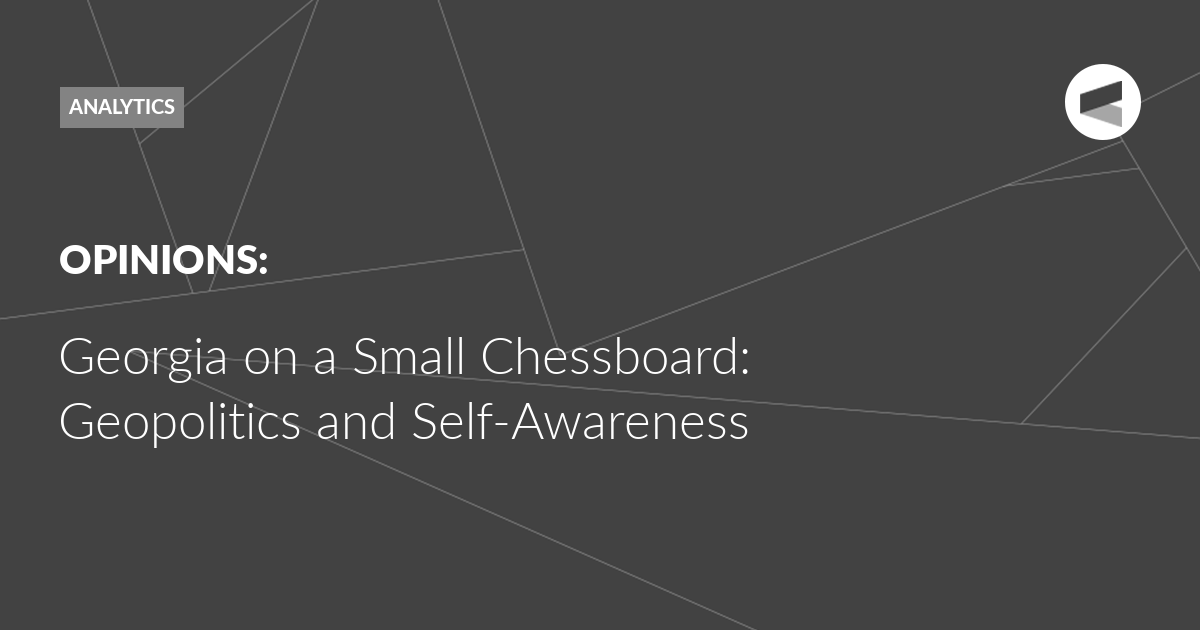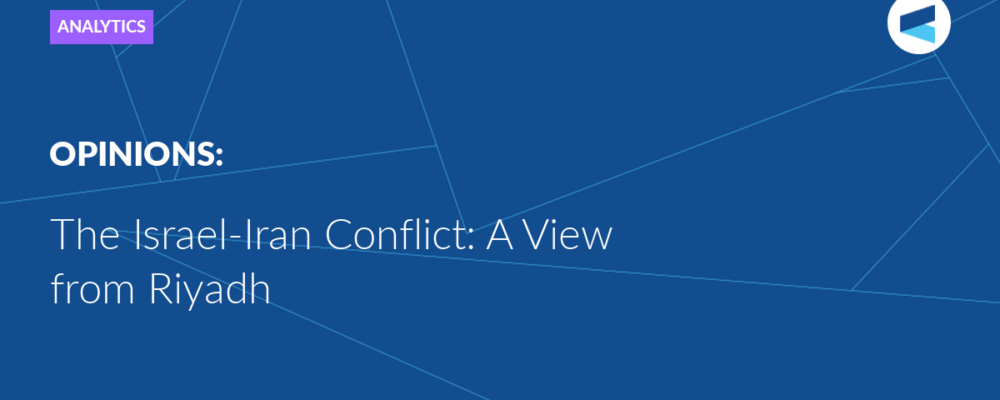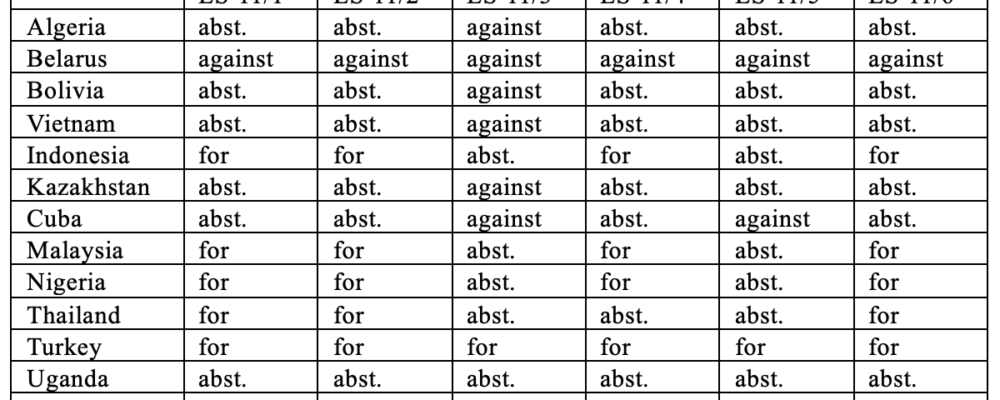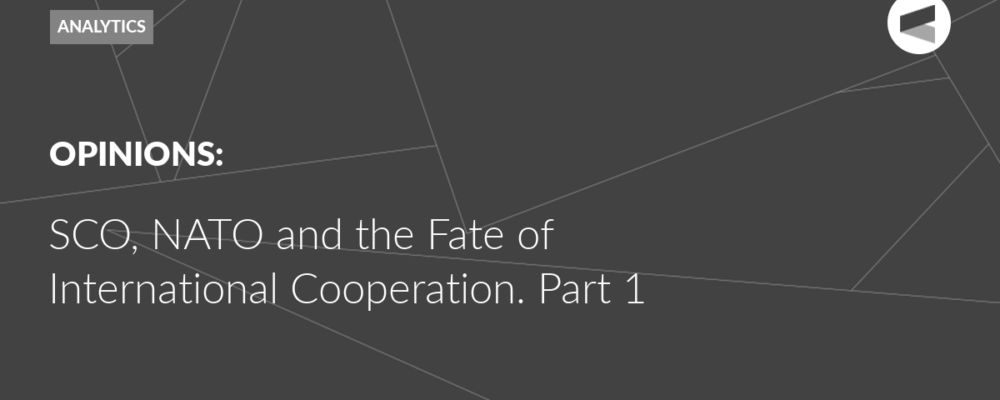The nomination of Mikheil Kavelashvili, a family man with traditional values, for the presidency after Salome Zurabishvili, an ardent supporter
of radical pro-Westernism is not a turn towards Russia, as many would like to claim, but a turn towards the majority of the Georgian population, which wants to be part of the Western world, but with certain “red lines” and traditional values. In its election race, Georgian Dream relied on the domestic voter, while the opposition relied on the radically pro-Western minority and external pressure – so the domestic voter won. The ruling force understood and finally made it clear to other players that in order to retain power and legitimacy it did not need praise from the outside, much less a blind adherence to the geopolitical wishes of Western countries. A dialogue with the central electorate, which was not particularly willing to go through further upheavals, was much more important.
The geopolitical defeat of the so-called pro-European forces in Georgia is only part of the problem that the West faces. Geopolitics transforms from time to time and the election of Donald Trump for a second presidential term may change the balance of power. However, there is another fundamental reason why Georgian Dream and its voters have become an additional threat – a change in political outlook
or what can be called the formation of sovereign political self-awareness. The parliamentary elections in the country did not carry any possible statistical surprises, since absolutely all the data pointed
to the victory of Georgian Dream.
However, a bright, almost historical mantra was created around the process in the West and inside the so-called pro-Western “bubble” in the country – the country had to decide whether to go with Europe or with Russia.
Obviously, for the majority of the country’s population, such a statement was irrelevant, unacceptable and even completely incomprehensible. Nevertheless, due to external pressure and slander, the parliamentary elections became an ideological indicator, reflecting political, economic, geopolitical and, most importantly, ideological goals. Georgian Dream promoted religious faith, traditions, family, pragmatism, balance in dealings with Russia, the dominance of national interests, and adopting Western institutions with “dignity”.
In contrast, the local opposition, fully supported by the West, promoted anti-Russian sentiments, full and unconditional consolidation with Kiev, and a readiness to sacrifice for Western geopolitical interests and European values in exchange for all European benefits and wealth, as a means of belonging to the “civilized world”. As strange as it may seem, the voters placed their bets on Georgian Dream, which shocked many abroad, since their faith in the total commitment of the Georgian people to Europe was unshakable, because such were the signals they had received from their colleagues from the country. Strategic partners were convinced that the country’s population was not only committed to Western integration, but also ready to sacrifice everything to achieve integration with NATO and the EU. Parallels were actively drawn with Euromaidan, as a manifestation of such sacrifice.
However, the victory of Georgian Dream showed that one should not confuse the desire to live with dignity in a decent state and travel to Western countries without restrictions with embracing unnecessary bureaucratic red tape and the willingness to discard one’s national interests and traditions – everything that has saved Georgia historically and still plays a key role in the lives of the majority of the country’s population. The centrist voter has abandoned this blind, radical idealisation of Westernism/Europeanism, in favour of sovereign political self-awareness.
This presents a greater threat to Western dominance than a possible temporary geopolitical divergence between Washington, Brussels and Tbilisi. The victory of the Georgian Dream in the 2024 parliamentary elections reflected a refusal by the majority of the Georgian voters to sacrifice themselves for Western geopolitical interests, as well as a shift towards sovereign political self-awareness, critical of strategic partners, but not being hostile. The West must decide whether it accepts this “wrong” democracy in Georgia or prefers to suppress it for the sake of its geopolitical and ideological interests.
The Valdai Discussion Club was established in 2004. It is named after Lake Valdai, which is located close to Veliky Novgorod, where the Club’s first meeting took place.
Please visit the firm link to site






